Breweries Exploit Legal Loophole to Create THC-Infused Beverages
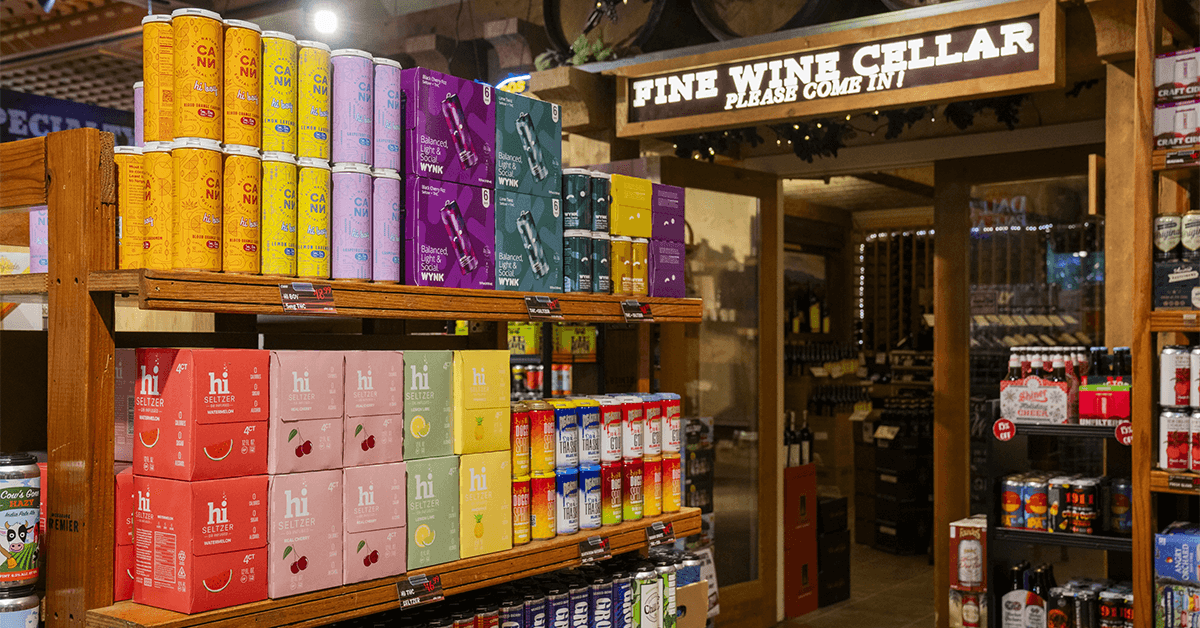
Cycling Frog and Delta Light are among the brands offering euphoric and relaxing effects through their canned beverages infused with THC, the main psychoactive ingredient of the cannabis plant. These drinks, which are non-alcoholic but capable of inducing a high, are increasingly distributed by alcohol companies from Connecticut to Texas to offset declining alcohol sales.
Unlike federally restricted cannabis products, these THC drinks are legal in many states because they are made with THC derived from hemp. Hemp, a form of the cannabis plant containing less than 0.3% THC, was legalized under the 2018 Farm Bill, which primarily intended to promote hemp for industrial uses. However, beverage makers have exploited this loophole to create psychoactive hemp concentrates.
Charlotte, North Carolina-based Drink Delta offers six varieties of hemp-derived THC drinks and describes the market opportunity as "like finding a loophole in the Matrix." This burgeoning market has attracted traditional alcohol distributors who are lobbying to maintain this legal loophole. This puts them at odds with lawmakers and established cannabis companies, which face strict regulations.
Unlike marijuana-derived THC products, hemp-derived THC products can be shipped interstate, utilize large national banks, accept credit cards, and benefit from tax deductions. Cannabis companies, which sell products like raw flower, edibles, pre-rolled joints, and tinctures, are restricted from these advantages because marijuana remains illegal at the federal level.
While 24 states allow recreational use of marijuana-derived THC, it remains federally illegal, awaiting reclassification. The Justice Department has initiated steps to reclassify marijuana as a less dangerous drug.
Regulators express concerns that poorly labeled hemp-derived drinks could expose consumers, especially children, to unexpected intoxication or unknown toxins. Currently, distributors of these beverages do not require special licenses, allowing them to display these products alongside traditional alcoholic beverages.
Some states are taking action to regulate these drinks. New York has banned drinks with more than 1 milligram of THC per serving since last summer, and Connecticut recently advanced similar legislation. Attorneys general from 20 states and Washington, D.C., are lobbying for explicit federal guidelines allowing states to ban high-potency products.
Joe Grabowski of Sarene Craft Beer Distributors LLC testified against Connecticut's proposed restrictions, arguing that such laws would harm his business, which has seen growth due to hemp-derived products amid declining alcohol sales. He suggested age restrictions, safety testing, and new taxes as better alternatives.
Minnesota serves as a model for regulated hemp-derived THC products, requiring businesses to register with the state and restricting sales to those 21 and older. The state, which only recently legalized recreational marijuana, sees significant demand for hemp-derived products, generating annual sales of about $180 million.
Even established cannabis companies are entering the hemp-derived THC market. Curaleaf Holdings Inc. announced plans to add these drinks to its product lineup, citing them as a "long-term growth driver."
The cooperation between alcohol distributors and the hemp industry is accelerating the availability of these products. In Texas, Bayou City Hemp Co. expanded its reach to over 1,000 stores through a deal with Silver Eagle Houston, a distributor for Anheuser-Busch InBev NV.
However, the U.S. Cannabis Council (USCC) warns against the unregulated market for hemp-derived drinks. In a letter to Congress, USCC Executive Director Edward Conklin cautioned that the lack of regulation could lead to a "Prohibition-era" crisis. The USCC advocates for hemp-derived THC to be regulated similarly to marijuana.
Despite regulatory uncertainties, the support from the alcohol industry is driving confidence in the legal status of hemp beverages. Farmers are preparing for increased demand, with projections showing a significant increase in hemp acreage dedicated to consumption.
"Once alcohol starts getting involved and starts pushing their lobbying dollars against the other side, there's no way you beat that," said Drink Delta's CEO Jack Sherrie.
Share this article:
Spotted a typo, grammatical error, or a factual inaccuracy? Let us know - we're committed to correcting errors swiftly and accurately!
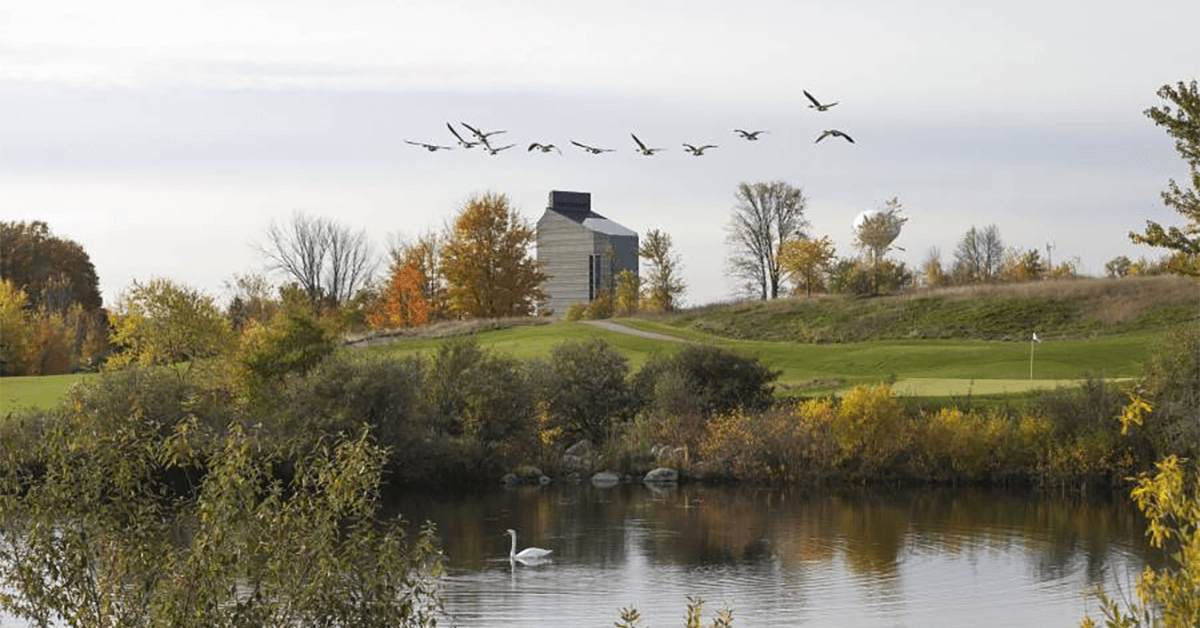
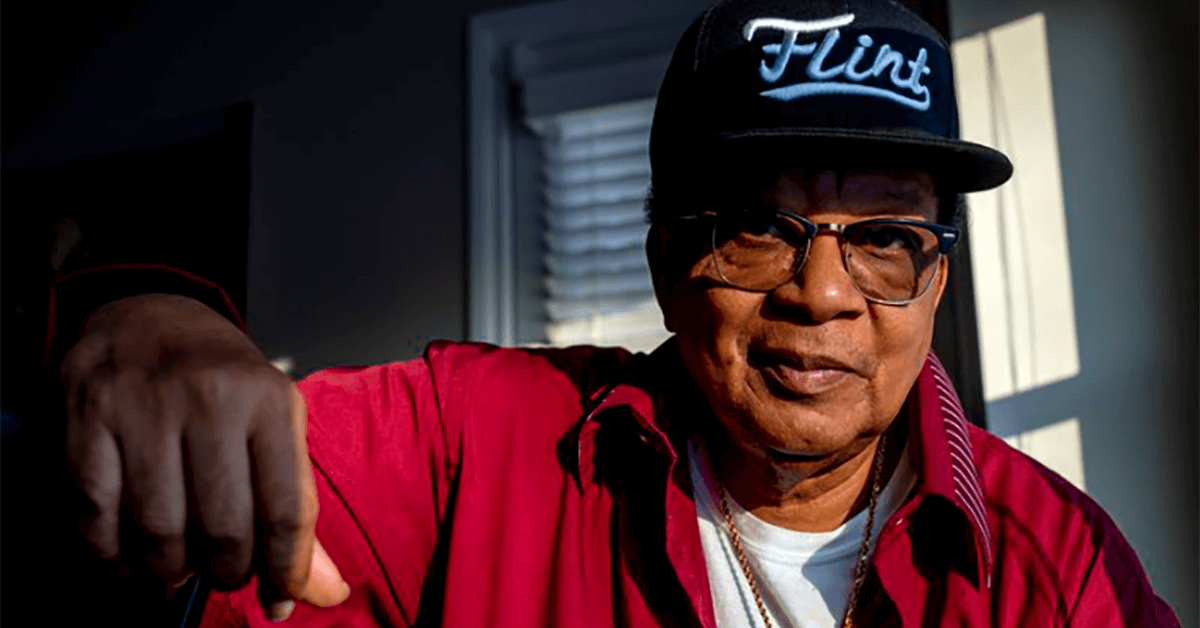
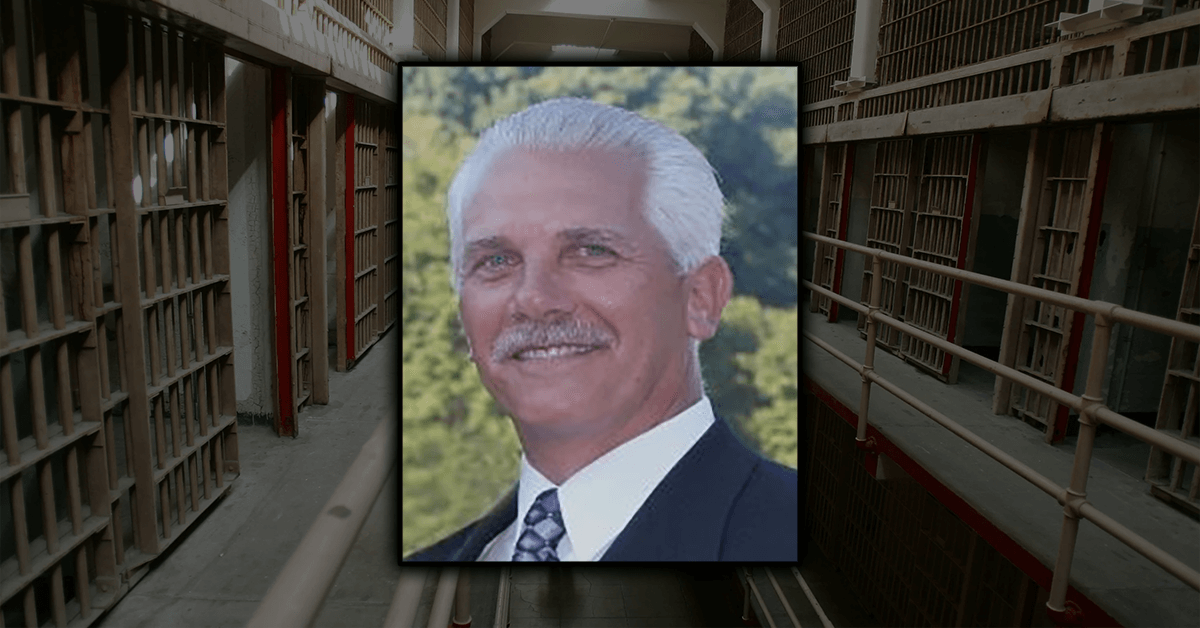
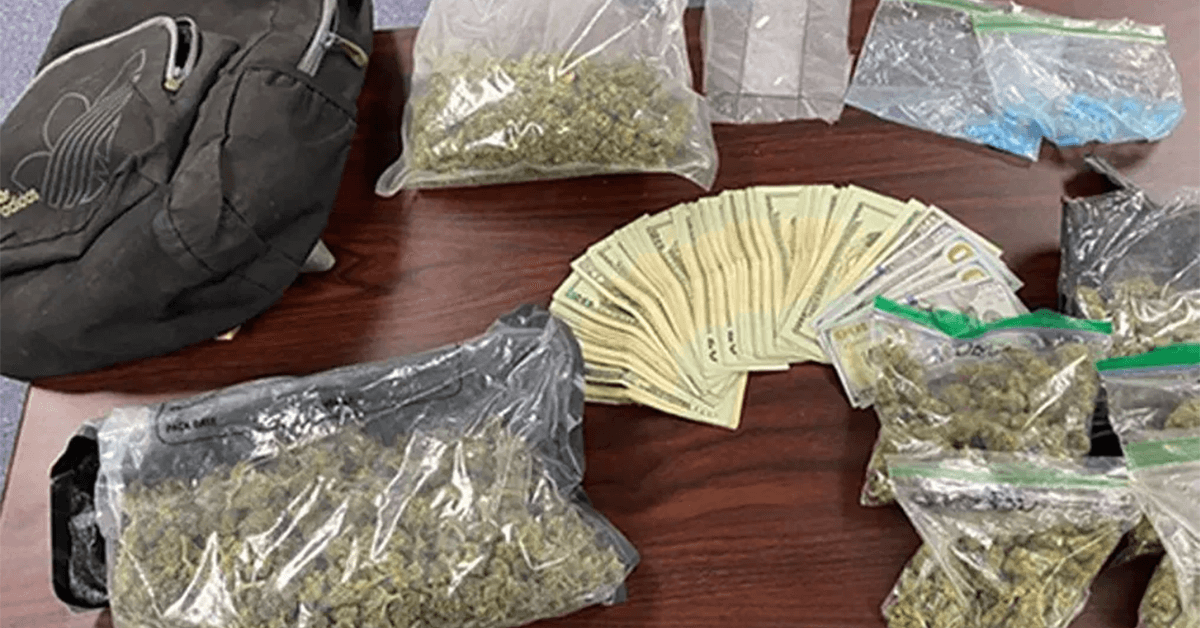

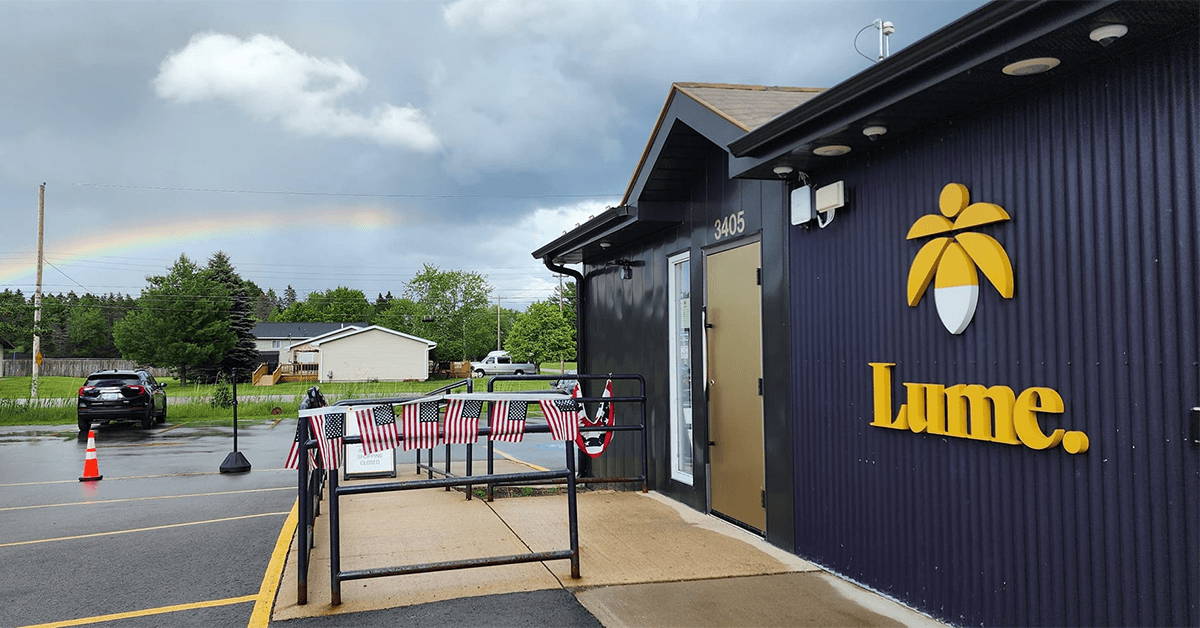


 Helpful Links
Helpful Links